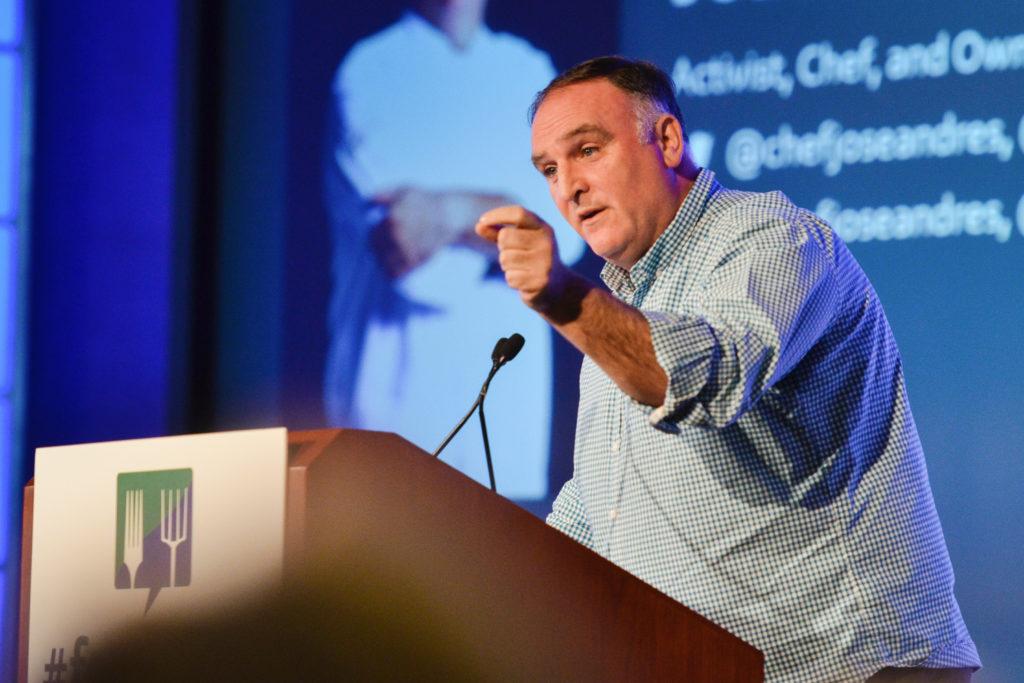Cameras rolled last year when GW professor Amita Vyas and film star Ashley Judd visited Indian brothels and listened to stories from sex workers in the slums of Dharavi, but these women were not taping a summer blockbuster.
Judd, a global ambassador for YouthAIDS, and Vyas, a graduate professor of public health, were part of a YouthAIDS excursion to India last March. The National Geographic Channel and CBS filmed their trip, and National Geographic plans to air a documentary made with this film. The documentary details the organization’s goal to empower women in the face of India’s AIDS epidemic and will be aired Dec. 1, this year’s World AIDS Day.
“Having Dr. Vyas with us to visit PSI (Population Services International) programs was a thrill,” Judd wrote in an e-mail. “She is so bright, compassionate, motivated and exactly the type of private sector/academic we love reaching out to.”
Judd added that Vyas has “a real capacity to make a measurable impact on our life-saving health programs and poverty reduction solutions through her work at GW and within her circle of friends.”
Vyas became involved in last year’s trip to India when she met Katie Roberts, founder of YouthAIDS, at the 2006 YouthAIDS gala in D.C.
“Amita (Vyas) had been for a while looking for a cause to immerse herself in,” Roberts said. “Her friend invited me and her to dinner and . we talked about the trip, what the objectives were, and Amita decided to join us and to really learn more about our mission and what we do on the ground.”
YouthAIDS is an organization that sponsors an array of prevention and education programs about HIV and AIDS across the globe. The organization provides programs in India, donates funds and organizes health services for the country’s citizens. The trip, which was specifically geared toward empowering women, required visiting vulnerable populations.
“The conditions are so ripe to become a national disaster,” Roberts said.
Judd’s presence attracted a great deal of media attention both here and abroad to YouthAIDS’ efforts in India. Vyas praised Judd’s knowledge of the issue and her excellent skills in communicating with the Indian population.
“Ashley Judd is extremely intelligent,” Vyas said. “She cares deeply about women’s issues, women’s empowerment and HIV, and she understands how all of these complex relationships come together.”
Vyas said that Judd was brilliant at getting stories for the documentary by communicating with sex workers and equally able to turn around to 1,000 high-level government officials and communicate why HIV/AIDS prevention is such an important issue.
With knowledge of both Indian culture and public health, Vyas made a positive contribution to the YouthAIDS excursion. Her parents, Indian natives, came to the United States in the late 1960s. Though Vyas was born and raised in the U.S., she has made many trips to India and even spent her the summer after her 19th birthday working in India alongside Mother Teresa.
“That’s why I got involved in public health . I spent three months working in her mission, working mostly with people who had leprosy at (Mother Teresa’s) institute for destitute and dying,” Vyas said.
Last March, Vyas spent a week in Bombay, India. She had the opportunity to communicate directly with vulnerable populations in the country, including sex workers, inhabitants of brothels and truck drivers.
“Going on this trip gave me the ability to learn more on a very personal level,” Vyas said. “It gave me time to reflect about how I can use my public health training and research training, as well as my own personal and social connections to the Indian community living outside of India.”
While she continues to work with YouthAIDS, Vyas has expanded her public health interest in India by creating the Global India Fund, one that will sponsor trips to India to assess regional, non-governmental organizations aimed at advocating public health issues. They are planning to launch the program this fall.
“It’s a fund that will not do research and will not fund new programs but fund capacity building and expansion of programs doing good work already” Vyas said.
Judd noted that Vyas’ ambition and proactive behavior makes her a true motivator for fellow professors.
Judd wrote, “I hope more academics make the transition from the classroom to the field and back again; it is a great gift to both them and the students they reach.”






